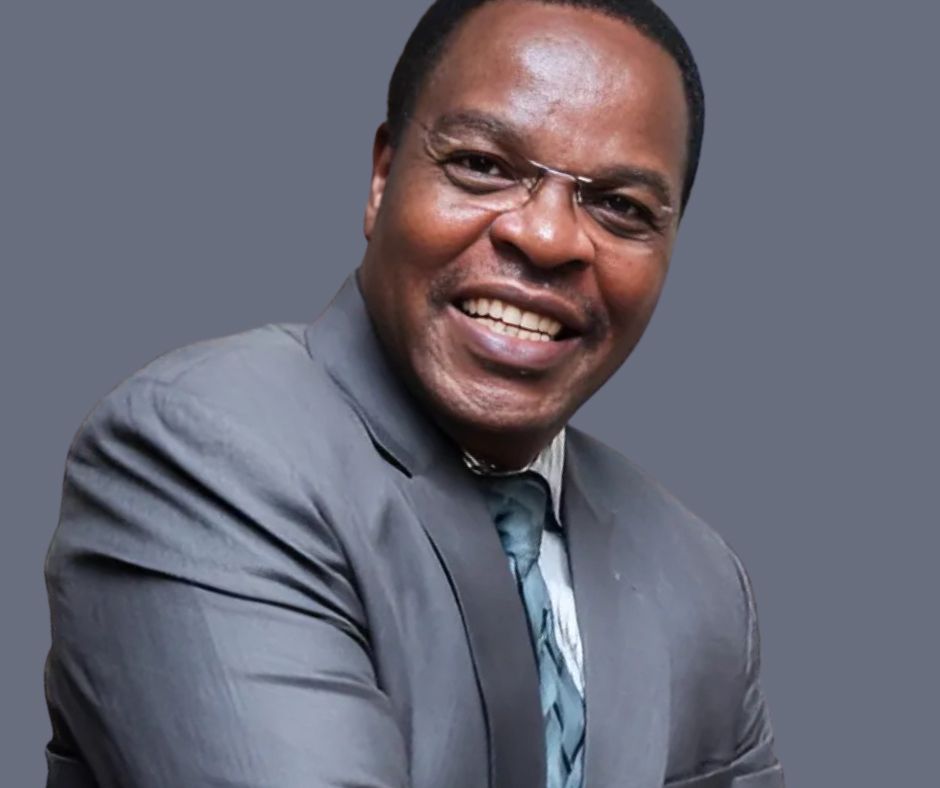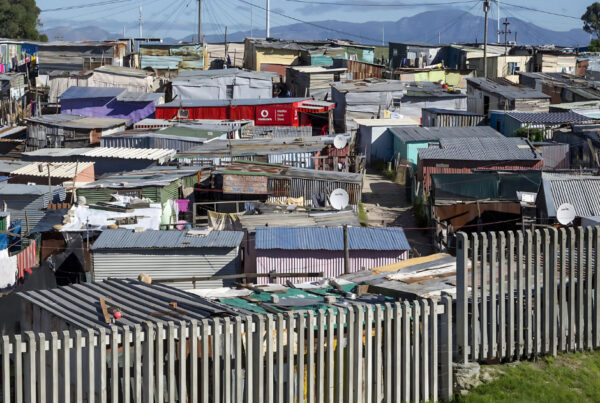It began with a forest, a cult, and a death toll that shocked a continent. In the spring of 2023, the discovery of over 400 shallow graves in Kenya’s Shakahola forest—victims of starvation under the direction of self-styled preacher Paul Mackenzie—sent shockwaves through the nation. The tragedy was more than a failure of law enforcement; it was, in the words of Archbishop Jackson Ole Sapit of the Anglican Church of Kenya, “a moral crisis in the soul of our ministry.”
Now, two years later, a quiet but profound reckoning is unfolding across Kenya’s religious landscape. In response to the atrocity, a coalition of churches has launched the Kenyan Church Accountability and Ethics Code — a sweeping reform initiative aimed at restoring trust, elevating transparency, and safeguarding vulnerable believers from spiritual abuse.

The Shakahola massacre, which drew international headlines, sparked urgent questions: How had such a deadly doctrine festered unchecked? Why are existing church registration laws so weak? Who is fit to lead, and who holds them accountable?
In the days that followed, Kenya’s Ministry of Interior temporarily froze the registration of new churches. But as public anger swelled, the country’s mainstream Christian leaders took the reins, acknowledging not only the state’s lapse but their silence.
“We cannot outsource moral responsibility to the government alone,” said Bishop David Oginde, Chair of the Ethics and Anti-Corruption Commission and former presiding bishop of Christ Is the Answer Ministries (CITAM). “The pulpit must clean its own house.”
By early 2024, leaders from the Evangelical Alliance of Kenya, the Catholic Bishops’ Conference, Nairobi Baptist Union, and several Pentecostal networks formed a task force to draft a new code of ministry ethics. The code, now adopted by more than 2,000 churches, covers a range of issues including:
⦁ Financial transparency and board oversight
⦁ Doctrinal accountability and theological training standards
⦁ Safeguarding of children and at-risk individuals
⦁ Processes for internal whistleblowing and member redress
The document also encourages churches to publicly display their licensing status and leadership credentials, much like a doctor or lawyer would.
“It’s not about control,” said Rev. Alice Muthoni of the Deliverance Church of Kenya. “It’s about protection — of the sheep from wolves, and of the witness of Christ in society.”
For some pastors, the reforms come as a challenge to long-standing models of charismatic authority. But for others, they are long overdue. “Many ministries have operated like private kingdoms,” said Dr. Philip Kitoto, general overseer of International Christian Centre (ICC). “This code shifts the culture from personality cults to biblical servanthood.”
The Kenyan code is not merely punitive; it includes mechanisms for mentoring, conflict resolution, and theological upskilling, especially for rural pastors with no access to seminary training.
At the congregational level, believers are also being trained to ask better questions. “People must learn to test the spirits, to know what sound doctrine is,” said Rev. Grace Wanjiru, who now runs Bible literacy workshops in Nakuru County.
Her sessions often begin with hard questions: What is spiritual manipulation? How do you recognise false prophecy? What does biblical leadership look like?
The Kenyan initiative is already influencing the region. In Uganda and Tanzania, similar conversations are taking place. South African churches — particularly those grappling with their history of “prophets for profit” — are watching closely.
Dr. Allan Mvuyana, a missiologist at the University of Pretoria, sees it as a “turning point for African ecclesiology.”
“This is African Christianity maturing — not just growing in number, but in discernment,” he says. “The tragedy of Shakahola exposed the dangers of spiritual celebrity and doctrinal illiteracy. The Church is now reclaiming its prophetic role by embracing accountability, not resisting it.”
While the code is voluntary, Kenya’s Attorney General has expressed support for its principles and is working with faith leaders to develop a parallel Faith Institutions Regulatory Bill, set to be debated in Parliament in late 2025.
Some fear that state oversight could morph into government interference. But Bishop Oginde remains hopeful. “This is not a clash between Caesar and Christ,” he said in a recent sermon. “It is a collaboration to honour both God and neighbour.”
In Shakahola, meanwhile, the graves remain a stark warning. But the churches — those still standing — are choosing not silence, but repentance.
By Glorify Times Staff Writer | Nairobi, Kenya







